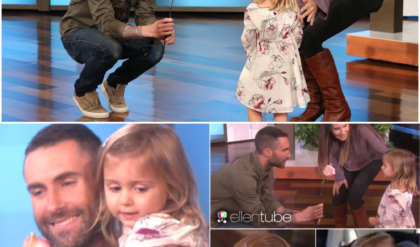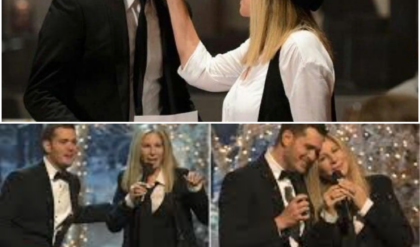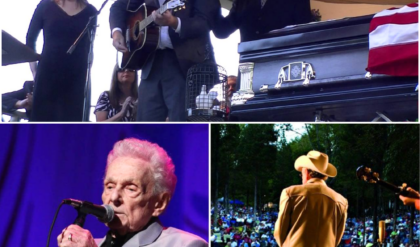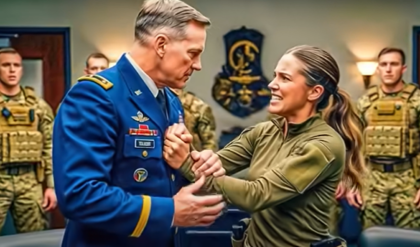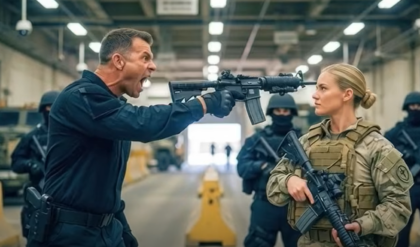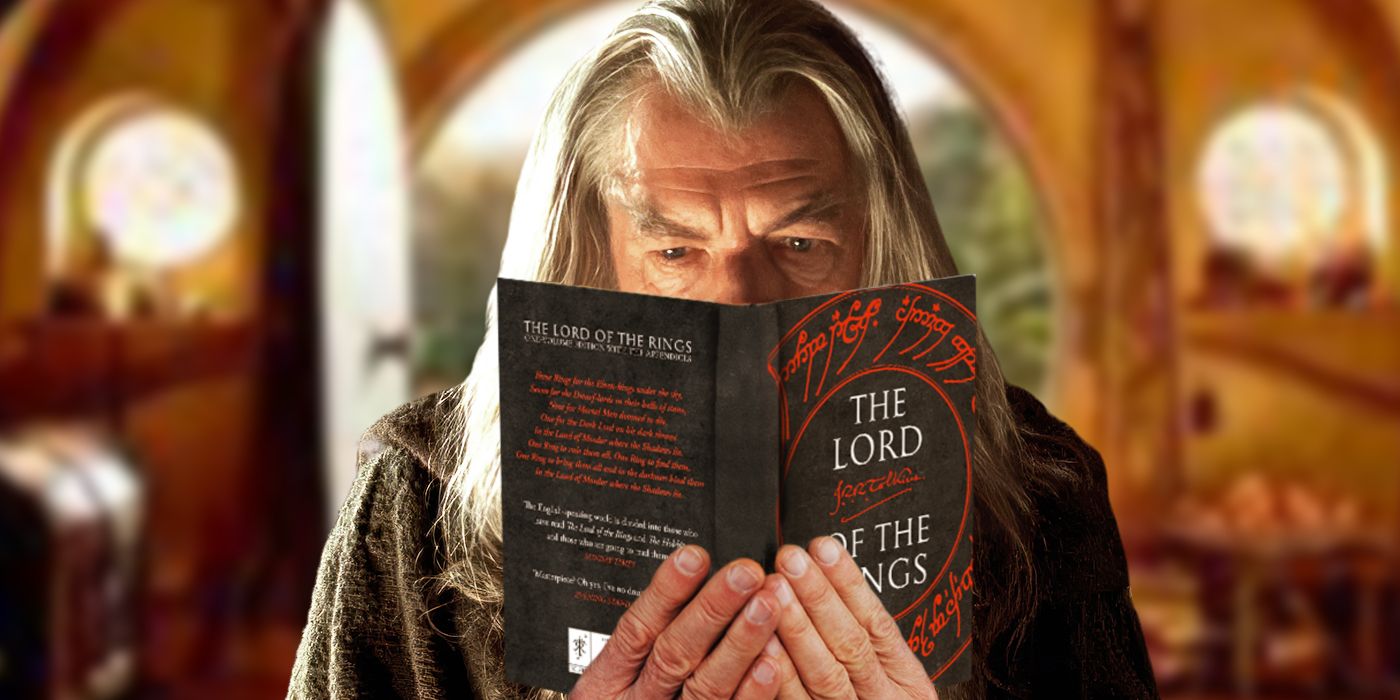
The Lord of the Rings is one of the most acclaimed movie trilogies of all-time, with every single installment now regarded as an all-time classic. The work of J.R.R. Tolkien has been endlessly debated, studied, and beloved by readers and fans alike for decades, and there was certainly a time in which the thought of adapting his magnum opus seemed like an impossible task. While a 1978 animated film managed to combine elements of the first two novels in the trilogy into a halfway decent adaptation, it was evident that Tolkien’s most defining work deserved to be depicted as a massive epic. Peter Jackson may not have been the first name that came to mind, as his background was primarily in low-budget horror films like Meet the Feebles and Bad Taste. However, Jackson ended up being the perfect storyteller to bring the unique heroes of The Lord of the Rings saga to life.
The Lord of the Rings is among the highest grossing film franchises of all-time, and received multiple victories at the Academy Awards. As with every adaptation, The Lord of the Rings was forced to make some deviations from the source material in order to condense the narrative into a digestible series of feature films. There are certainly many deleted scenes that were restored in the Extended Editions that make the films more fleshed out, but even then there are several major characters and events that are absent, as well as others that were entirely invented. Here is every The Lord of the Rings movie, ranked by book accuracy.
3‘The Lord of the Rings: The Return of the King’ (2003)
Directed by Peter Jackson
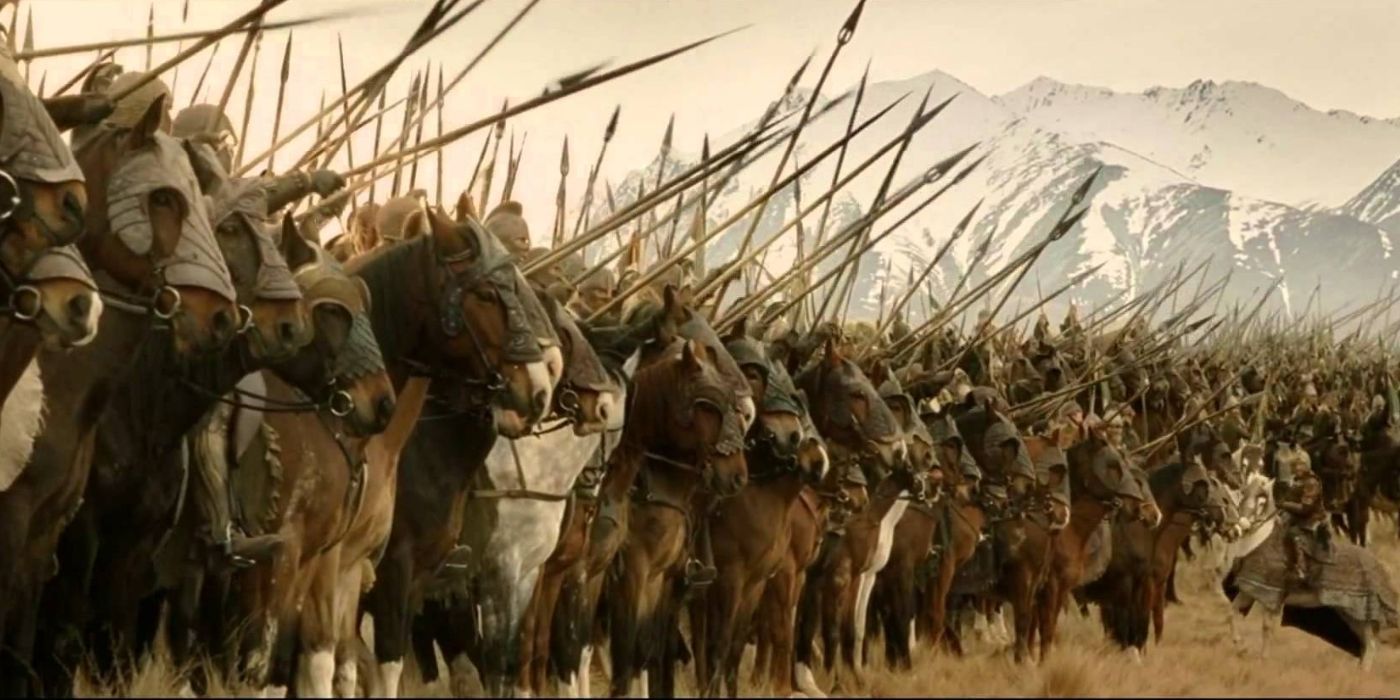
The Lord of the Rings: The Return of the King was tasked with concluding one of the most massive productions of all-time, and runs at over 4 hours long in its Extended Edition. Although the film itself ended up receiving some criticism for its multiple endings, the truth is that The Lord of the Rings: The Return of the King had to cut out a lot of book content in order to keep the narrative more focused. Most critical is the “retaking of the Shire” storyline, in which Frodo Baggins (Elijah Wood), Samwise Gamgee (Sean Astin), Merry (Dominic Monaghan), and Pippin (Billy Boyd) return to their home after Sauron has been defeated, and Aragorn (Viggo Mortensen) has been hailed as the new king of Gondor.
The Lord of the Rings: The Return of the King changes the order of events, with the death of the Dark Wizard Saruman (Christopher Lee) moved to the beginning of the story after his Citadel at Isengard has been sacked by the Ents. Other additions were made to flesh out the characters; Arwen is given more struggle in deciding whether to remain with Aragorn, Gollum (Andy Serkis) is ironically killed after fighting with Frodo to take the One Ring, Sam ends up getting separated during the quest to reach the top of Mount Doom, and Bilbo Baggins (Ian Holm) hilariously forgets all the events that led up to the discovery of the ring and his adventures with Gandalf (Ian McKellen). While none of these changes prevented The Lord of the Rings: The Return of the King from winning the Academy Award for Best Picture and grossing over $1 billion at the global box office, it may have stung some hardcore fans of Tolkien’s work that were hoping for a more complete adaptation.
2‘The Lord of the Rings: The Fellowship of the Ring’ (2001)
Directed by Peter Jackson
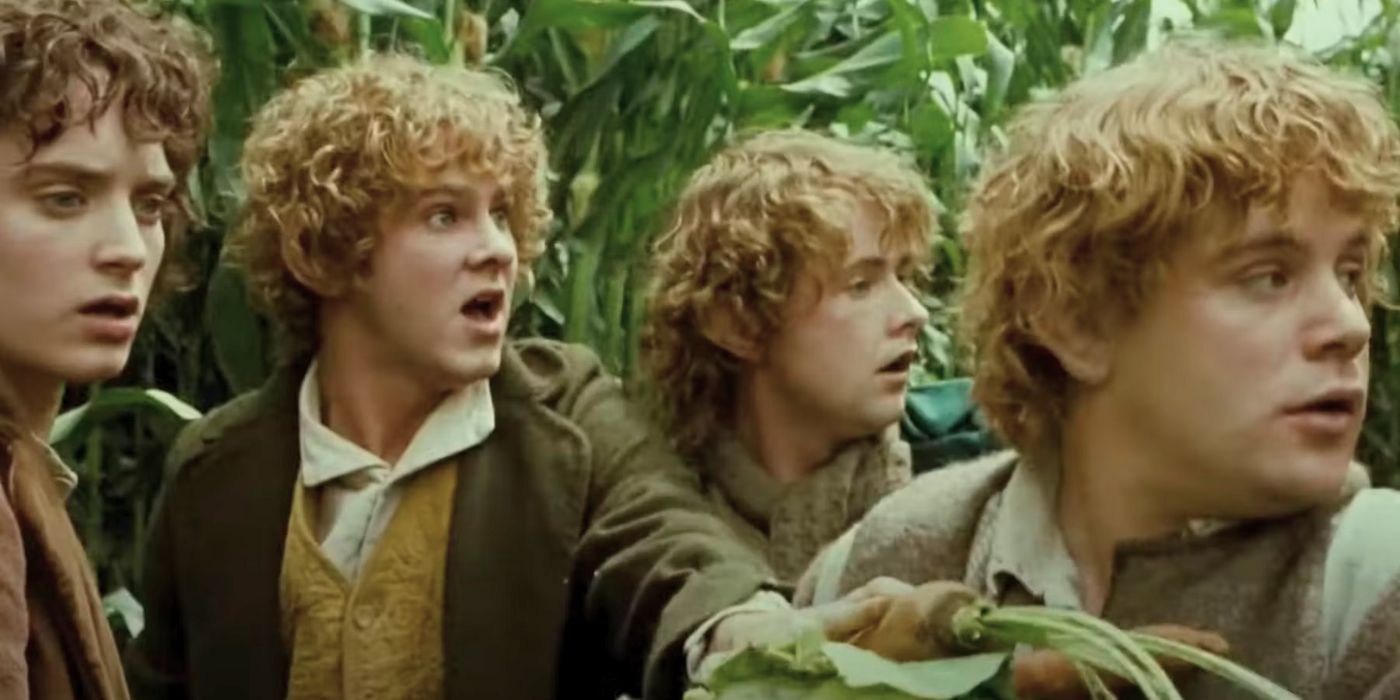
The Lord of the Rings: The Fellowship of the Ring is easily the most structurally succinct installment of Jackson’s trilogy, as unlike the other two films, the events of the story are presented in the same order as they appear in the novel. Jackson’s film did have to reduce much of the exposition that Tolkien spent a lot of time developing into an opening montage, which featured Galadriel (Cate Blanchett) explaining how Sauron first rose to power during the Second Age, and how the One Ring eventually escaped destruction after failing to be destroyed by Isildur. However, Jackson did make several other changes to the timespan; the time between Frodo and Bilbos’ respective exits from The Shire are advanced, and the film entirely deletes a segment in which Gandalf searches for Gollum before returning to Hobbiton. Bilbo’s obsession with the Ring is also expanded within the film version in order to focus on its corrupting influence; while in the film, Bilbo’s party trick of disappearing comes as a complete shock to everyone in attendance, the book depicts both Gandalf and Frodo as being in on the deceit and helping to cover for it.
The Lord of the Rings: The Fellowship of the Ring did spark some backlash from fans because of a significant portion of the story that is cut out between the Hobbits’ initial departure from the Shire and their initial meeting with Aragorn (who at the time they known only as “Strider”) at the Prancing Pony. Several chapters involving their adventures in the woods are taken out, perhaps because Jackson wanted to keep the pace moving so that there wasn’t a moment in which the film would ever drag; even the Extended Edition wasn’t able to incorporate all the details from the longest novel in Tolkien’s trilogy. That being said, the character of Tom Bombadil was a fan-favorite whose absence is sorely missed in the final cut; Bombadil is one of the most important characters in Tolkien’s universe, as his ambiguous relationship to the magical creatures has long since been debated. More recently, Rory Kinnear made an appearance as Bombadil of the Amazon Prime series The Lord of the Rings: The Rings of Power, but the show’s willingness to change some of the other Tolkien iconography has similarly been contested among the fanbase. The film also inserted Arwen (Liv Tyler) as the one that saves Frodo after he is stabbed, and leads directly to the Council of Elrond (Hugo Weaving). It is mildly disappointing that some of these intriguing moments were removed, either for the sake of time or pacing. However, The Lord of the Rings: The Fellowship of the Ring has the responsibility of appealing to both book fans and new viewers, and in that sense, it’s hard to view it as anything other than a complete success.
